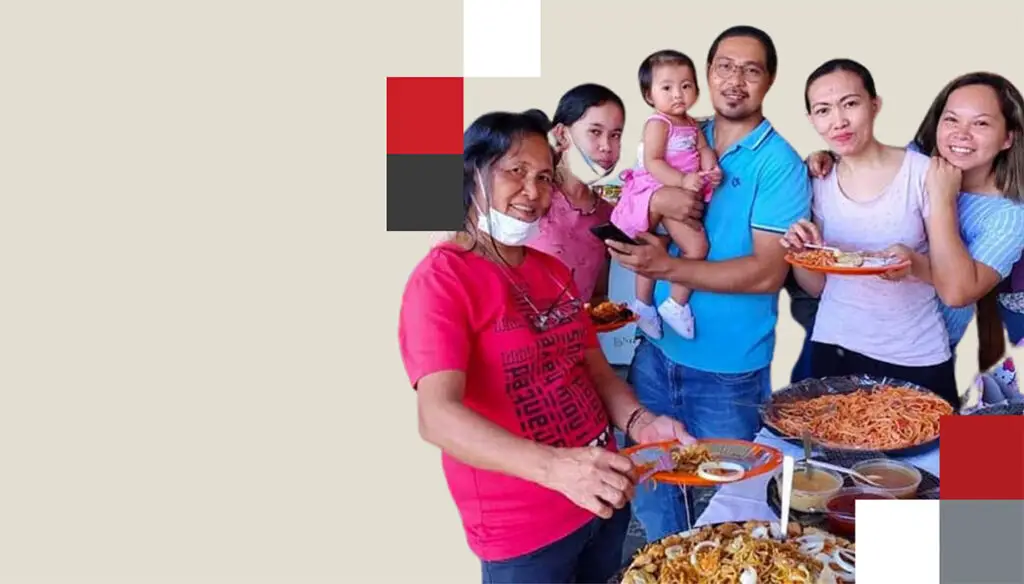The Great Resignation, should HR have seen it coming?

Future Talent Learning and Hudson Talent Solutions held a thought leadership event for senior HR professionals. Here, we explore some key questions from our event and learnings from the discussion.
The Great Resignation or the Great Re-engagement?

Discover key learnings from our leadership event with Future Talent, where we explored the lessons from ‘the Great Resignation’
Nathan Machholz: Building long-term partnerships

Hear from Nathan how his career in RPO allows him to build long-term, strategic partnerships with our clients as an on-site recruitment expert.
Hudson Talent Solutions certified to meet the requirements of ISO 27001
Our commitment to information security is evident in our certification to meet the requirements of ISO 27001. Learn more about our data security.
Balancing it all, with Burg

With his team’s culture of flexibility and emphasis on health and wellbeing, Burg shares how he is able to fulfil his role for the team and family business.
Working flexibly, bringing families together

When Eugene joined Hudson Talent Solutions, things quickly changed, when he was able to use flexible working arrangements to impact his work-life balance for the better.



